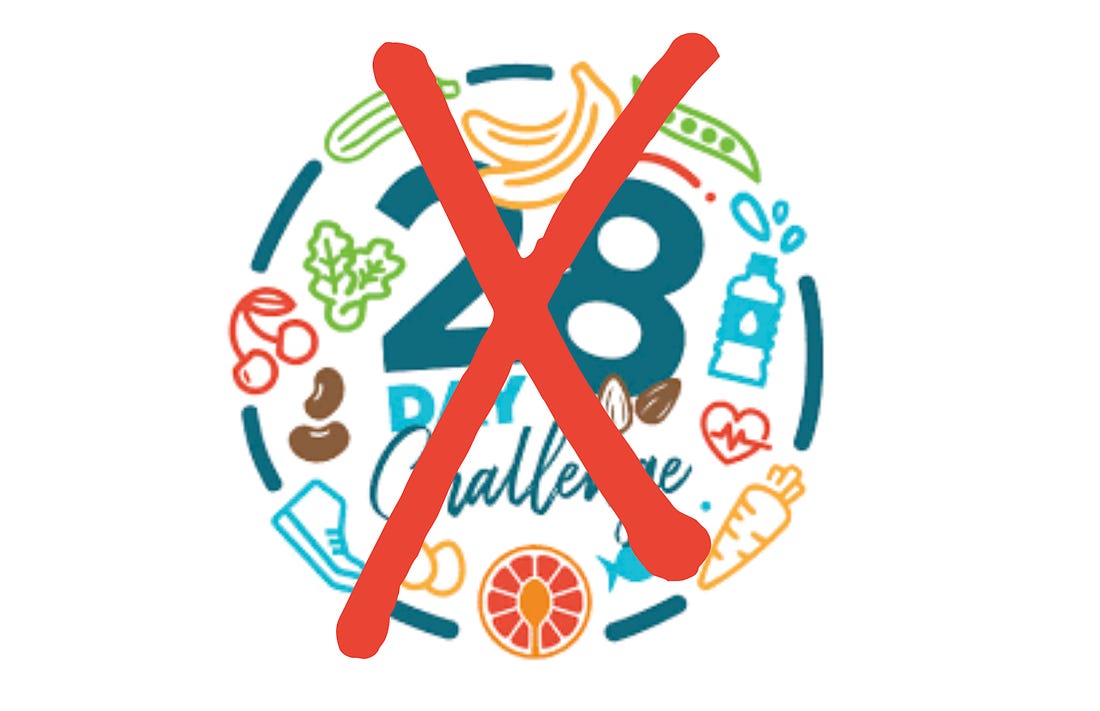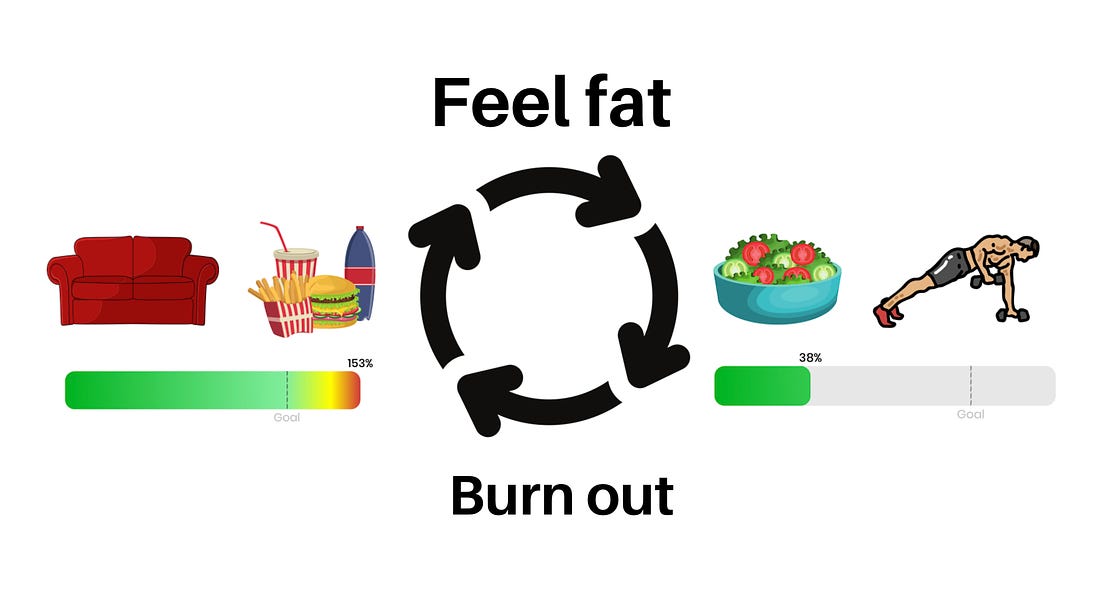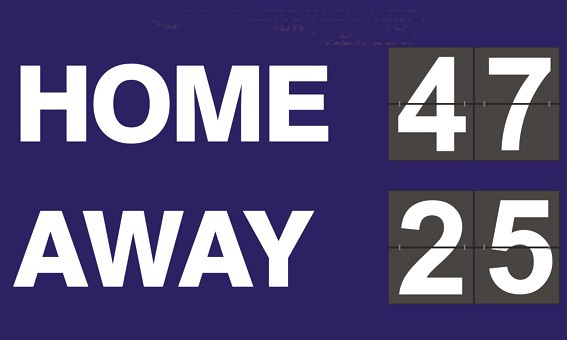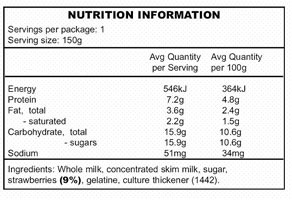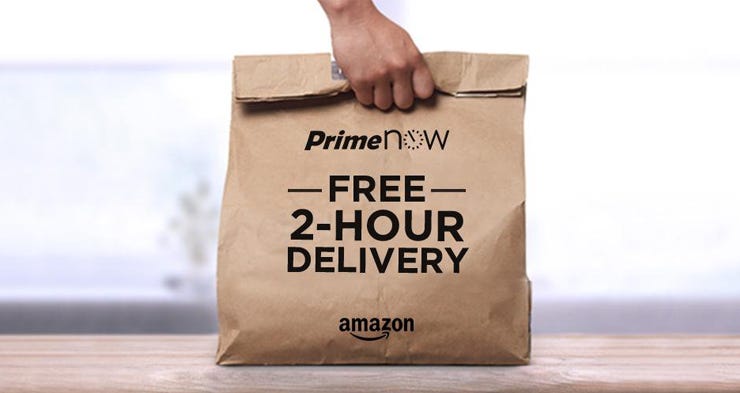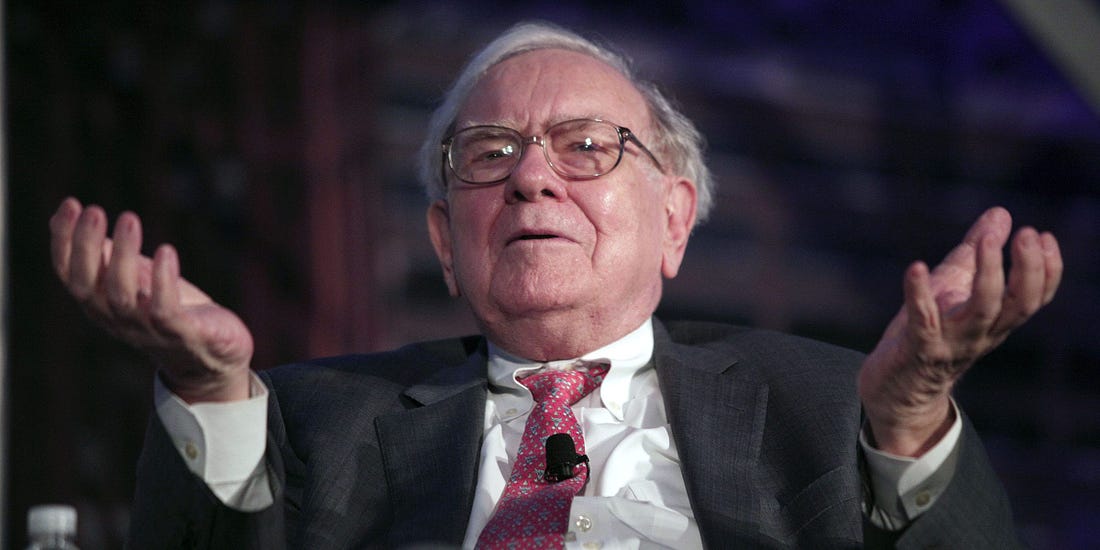Welcome to WordPress. This is your first post. Edit or delete it, then start writing!
While I loved playing Rugby as a job, I always looked forward to the holidays and the chance to relax.
But when they finally rolled around, I was never able to fully enjoy myself as I always had two words on my mind… “Fat Club”.
A club that I was a regular member of.
Fat Club (now called Sumo Club) is for players who fail to meet their skin-fold targets (fat levels) when returning from holidays, and are punished with extra fitness and chores, during what is an already physically gruelling preseason.
And it sucked.
But it did help me face up to the fact that I had an eating problem, and I was never alone as I always had plenty of my fellow front rowers keeping me company.
I would train really hard and get in shape, all for it to be undone once the season ended, and that was a cycle that continue over and over, until I discovered ‘tracking what I ate’.
Tracking my food has changed my life, and there’s just no other way to put it, as it helped me to find balance with food, and I now have a stress-free relationship with what I eat.
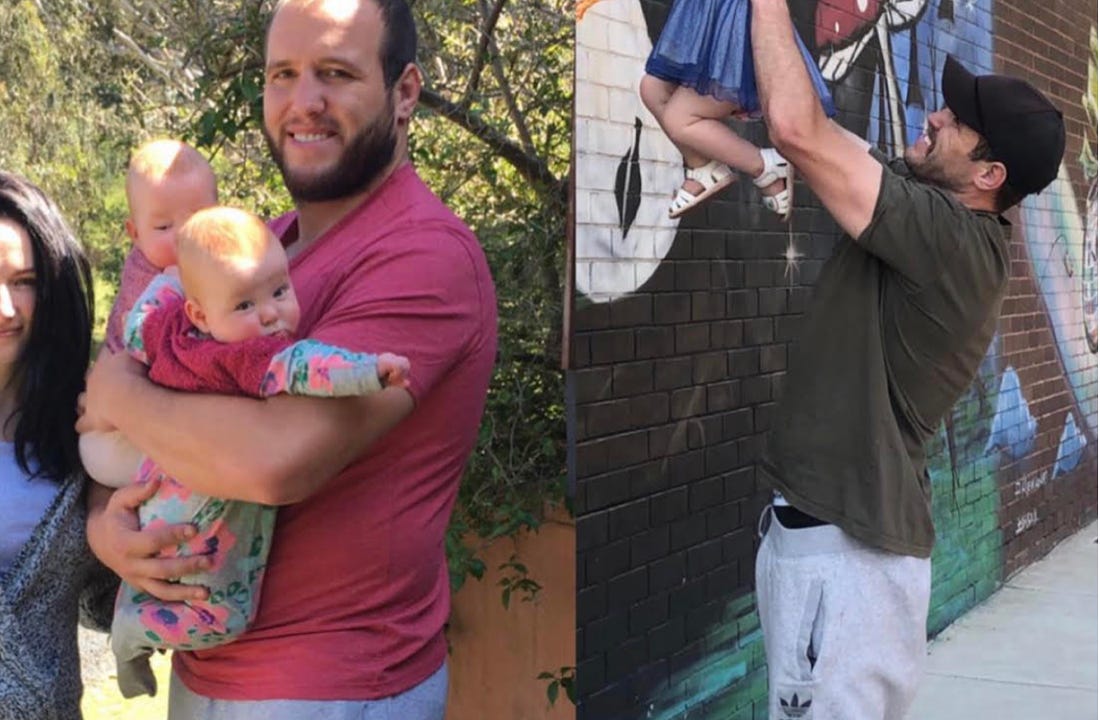
Before and after tracking
The physical benefits of losing weight are well known, but what it’s done for my mental health is incredible and I think these benefits aren’t talked about enough.
I feel like I have my whole brain back, as a big part of it was always being wasted stressing about what I could or couldn’t eat. My confidence and sense of self worth are at all-time highs, and I believe it’s from finally shredding my unwanted weight and doing so in a sustainable way.
I feel great and have more energy than ever before. Energy I use to exercise, keep up with my 3 kids and strive to do great work. I’m more optimistic about my future, and I no longer catastrophize or waste energy beating myself up for eating too much or for having a treat.
All the negative self talk has disappeared and I’ve dedicated the rest of my life to helping others feel the same.
Be mindful… not obsessive
Firstly, I’m not saying anyone has to lose weight, and I’m certainly not saying people need to weigh their food, track their macros and count every calorie in order to do so.
But if you want to lose a bit of weight easily, you just need to be consistently mindful when you’re eating, and the easiest way I know to do that is to track what you eat.
Tracking helped me to become more aware of what I ate and showed me when I’ve eaten too much (or not enough) as I was blissfully unaware prior to tracking.
You don’t need to track everyday and you certainly don’t need to get it perfect, as just eating normally while estimating portions will help you to lose weight in a sustainable way, even if you only track a few days per week.
Just the process of being mindful (without the stress of trying to get it perfect), helps me make better choices then if I was eating on autopilot.
(If you want to do bodybuilding or fitness modelling, then scrap everything I just said as you probably need to get hardcore about your tracking).
I regularly eat the foods I love, I feel good about myself, and have all the energy I need for everything that’s happening in my life, and I think 28-Day challenges and fad diets only set people up for failure.
What happens when the challenge is over?
Or when you can’t keep up with a diet that restricts you from having the foods you love?
And have you noticed that all of weight loss programs and health challenges are all between 28 days and 12 weeks?
I believe that’s because they’re unrealistic and require too much change, which then makes people feel shit about themselves when they’re unable to keep it up, and fall back into old habits once the challenge is over.
But then the fitness industry can sell you another program 6 months later when you feel like giving it another crack.
And after all, who doesn’t love a repeat customer?
I’m not sure if they’ve done this intentionally, but I think the fitness industry has a lot to answer for as they’ve exacerbated a vicious cycle of human nature.
A cycle I was stuck in and one that would start when I’d eat without thinking, which led me to over eat and put on weight.
Then when I’d feel fat, I’d try too hard to lose the weight and become obsessive about my food and work out heaps.
And because I was so desperate to change, I would set an unrealistic weight goal and time to achieve it by, making me a prime customer for any “lose weight quick” scheme.
Of which would all end in ruin as I would run out of energy from not eating enough fuel to keep up with my training, which would then cause me to give up, feel shit, and put all the weight back on.
And some.
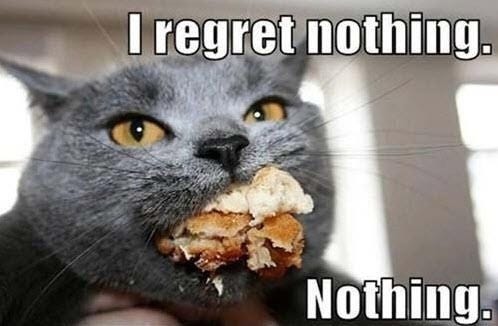
Looking back, I believe this cycle was leaving me vulnerable to having parts of the fitness industry pray on my insecurities, and believed that I was lazy for not being able to reach an unrealistic expectation of what a “healthy life” looks like.
But after tracking, I’ve realised there’s nothing wrong with me (just my approach), and I’ve never had an issue with my weight again.
I also enjoy my food more than ever, and I’ve designed Alfred to help anyone who feels stuck like I was.
Last week I wrote about how I escaped from the Brumbies Fat Club, and how I think losing some weight is as simple as being “consistently mindful when eating”.
Now I understand people may find my advice unhelpful, similar to the “just eat less than you burn” mantra that gets thrown around.
I also understand that by explaining my answer to a complex and personal problem in a simple way can come across as ignorant and over-simplistic, in the same way “Score more points than the opposition” is all you need to focus on in order to win a game of Rugby.
While both statements are technically true, their not very helpful as the “eat less than you burn” advice made me feel stupid when I failed to lose weight, despite taking it on board.
Until tracking, I didn’t know how to achieve that in sustainable way, and while I do stand by saying that weight-loss can be simple, I never said it was easy.
Too much food
Nowadays it’s so easy to eat too much, and I imagine it was very hard to get fat 200 years ago.
Inventions like UberEats, takeaway and convenience stores all stocked with yummy (but cheap and highly processed) foods means we now have easy access to an unlimited supply of food.
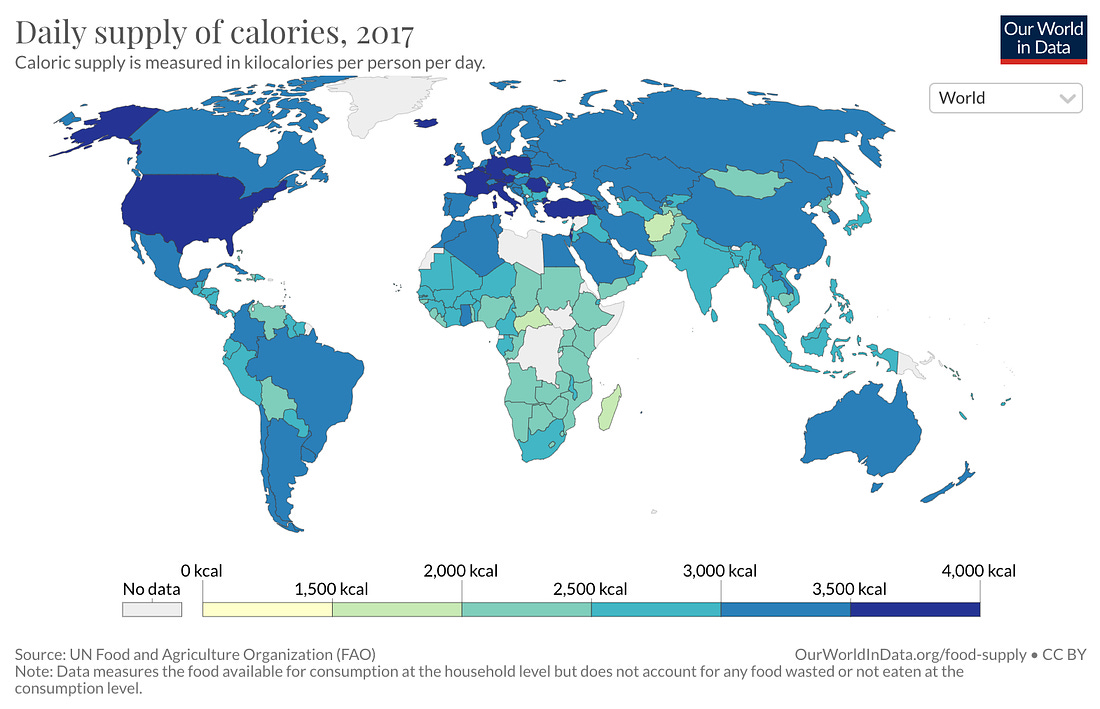
The World Health Organisation says the average person needs roughly 2,000 calories (or 8400 kilojoules) per day, yet parts of Europe and the USA are producing double that every single day! With Australia not far behind and most countries producing way more than they need.
That means either a lot of food is being wasted, or a lot of unnecessary calories are being eaten. Or both.
Throw in the invention of cars now means the average person today moves less than someone 100 years ago, and the invention of computers has made the work day ever more stationary.
When you add that all up, it’s no wonder obesity related issues are now one of our biggest killers and makes watching what you eat almost a 21st century necessity.
Pay Attention!
Is it just me or does anyone else feel like their attention is constantly under attack?
From social media notifications, the 24hr newscycle, to work and kids, there’s so much fighting for my attention that it leaves me mentally exhausted and wanting to zone out, let alone be mindful of what I’m about to eat.
This why I track my food, because if I don’t, I get caught up in everything else that’s going on in my life and I forget to be mindful of what I’m about to eat.
Then after a while of forgetting to track, I fall back into my old eating habits, put weight on, and before I know it I’m back in the vicious “all or nothing” weight loss cycle.
Perfectionism is a curse
One of the hardest things to understand about tracking is that it’s not an exact science, and nor does it need to be, as studies have shown that people who keep a food diary lose twice as much weight as those who don’t, even without counting every last calorie or kilojoule.
I weighed my food for about 6 months and when I couldn’t keep it up, I decided to keep tracking but just give estimating my portion sizes a go and use a “near enough is good enough” mentality.
And to my surprise, my weight continued to drop and made me realised that “mindfulness, not accuracy” is all that’s needed.
The numbers on nutrition labels aren’t always 100% accurate anyway, as it’s hard for the manufacturers to get their products exactly right each time and some countries even allow for as much as a +/- 20% discrepancy.
And while trying to be perfect with tracking isn’t necessary, I believe chasing perfection with diet is a curse, and I think most people give up because they impose unrealistic standards on themselves.
Which then causes stress because the diet their on means they can’t eat anything they like, and they constantly have to use ‘willpower’ in order to resist.
I use to look around for the “perfect diet”, but really I was just procrastinating, and found that the best diet for me was a stress free one I could stick to.
“Hold the line, please wait”
Apart from it being so easy to eat too much, hard to be mindful, and challenging to accept that tracking doesn’t need to be perfect, it’s also bloody hard to be patient.
We’ve become so accustomed to an ‘on-demand’ lifestyle, that patiently waiting is not a skill that comes naturally anymore.
From Netflix, fast fashion, to next day delivery, everything we’ve ever wanted is at our finger tips.
Everything except for making positive changes to our habits, for the benefit of our physical and mental health.
The reality is that changing habits takes time, and as soon I accepted that fact, the results started to flow.
Notoriously patient investor Warren Buffet was once asked: “Warren, your long term focused investment strategy has made you one of the richest people on the planet. Why don’t more people copy you?”
To which Buffet replied: “Because nobody wants to get rich slowly”.
And I think the same is true for losing weight and making changes for the better.
Take your time, and you’ll do just fine.
